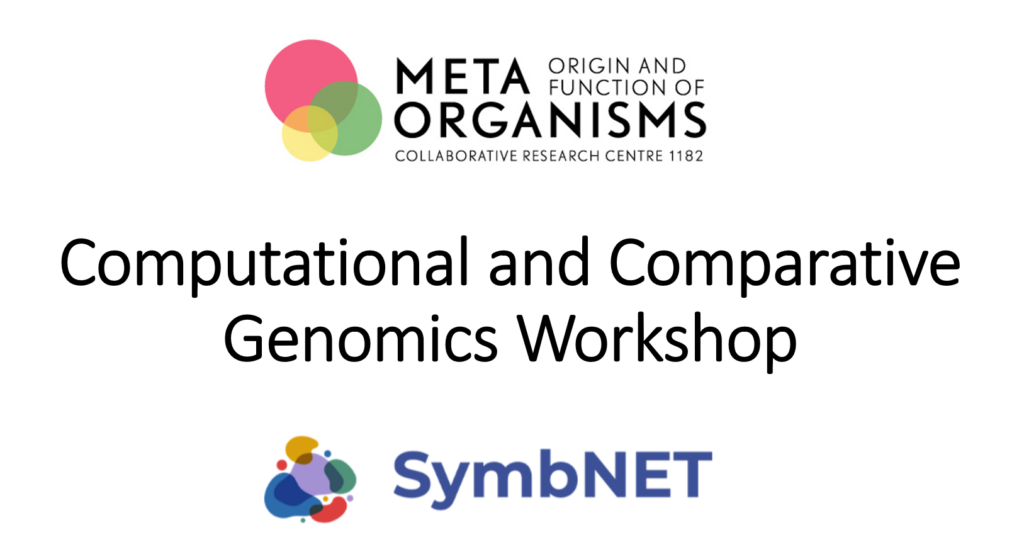SymbNET Online Seminar Series – Julijana Ivanisevic (UNIL) & Sarela Garcia-Santamarina (ITQB NOVA)
Dear all,
On 25th November (Thursday), we will have the next session of the SymbNET Seminar Series:
15:00 WET / 16:00 CET
Julijana Ivanisevic
University of Lausanne (UNIL)
Metabolomics Unit
Metabolomics: Assessing the small molecule component of metabolism
Metabolomics, including lipidomics, is emerging as a quantitative biology approach for the assessment of energy metabolism and information flow through metabolic signaling. Thereby, omic-scale metabolite analysis can provide novel insights into metabolism and its regulation, in different physiological conditions, from diverse model system to human populations. When combined with orthogonal molecular biology approaches, the findings can lead to novel mechanistic insights to enhance the functional understanding of a studied biological system. In this presentation, I will provide an overview on the role of metabolomics in this postgenomic era of biochemistry and its application to investigate metabolite role and (bio)activity, from model systems to human population studies. I will present the challenges inherent to this analytical science, and approaches and modes of analysis that are used to resolve, characterize and measure the infinite chemical diversity contained in the metabolome (along with lipidome) of complex biological matrices.
15:30 WET / 16:30 CET
Sarela Garcia-Santamarina
Instituto de Tecnologia Química e Biológica (ITQB) of the NOVA University of Lisbon (NOVA)
Human Microbiota – Xenobiotics Interactions Lab
Microbe – Xenobiotics interactions: from single species to communities
In this Symbnet seminar, I will first talk about how responses to commonly used medications compare between bacteria grown in isolation and bacteria grown in a complex community. We found that new interactions emerge in the community setting in a quarter of the tested conditions, including cross-protection of drug-sensitive strains and cross-sensitization of drug-resistant strains. Cross-protection mechanisms were more frequent, indicating that communities are more resilient to stress than individual bacteria. However, community resilience is compromised when drug concentrations increase. We evidence that drug metabolism and drug bioaccumulation contribute to a large fraction of the community behaviors. Finally, by following up on a specific case of communal protection, we established how cross-protection mechanisms are transferred from monoculture to community. In the second part of my talk, I will introduce my vision of the new laboratory that I am establishing at ITQB, in which I intend to study the effects of transition metals on the human gut microbiota, at various levels: gene, strain, community and interaction with the host.
These will be monthly online seminars on host-microbe symbiosis, genomics, and metabolomics, with two talks from SymbNET researchers.
Slots of 30 minutes to talk with the speakers will be available after the seminars. Priority will be given to students and Postdocs from SymbNET members Institutions. If you are interested, please contact Mariana Simões at symbnet@igc.gulbenkian.pt.
These seminars are open and free of charge. You can find more information at https://igc.events.idloom.com/symbnet_seminars.
If you already registered for SymbNET activities before, you will receive a link to this seminar closer to the date. If not, please register at https://igc.events.idloom.com/symbnet_seminars.
We are looking forward to your participation.
SymbNET – Genomics and Metabolomics in a Host-Microbe Symbiosis Network
This project has received funding from the European Union’s Horizon 2020 research and innovation programme under grant agreement No 952537

Who
When
November 25th, 2021
16:00



